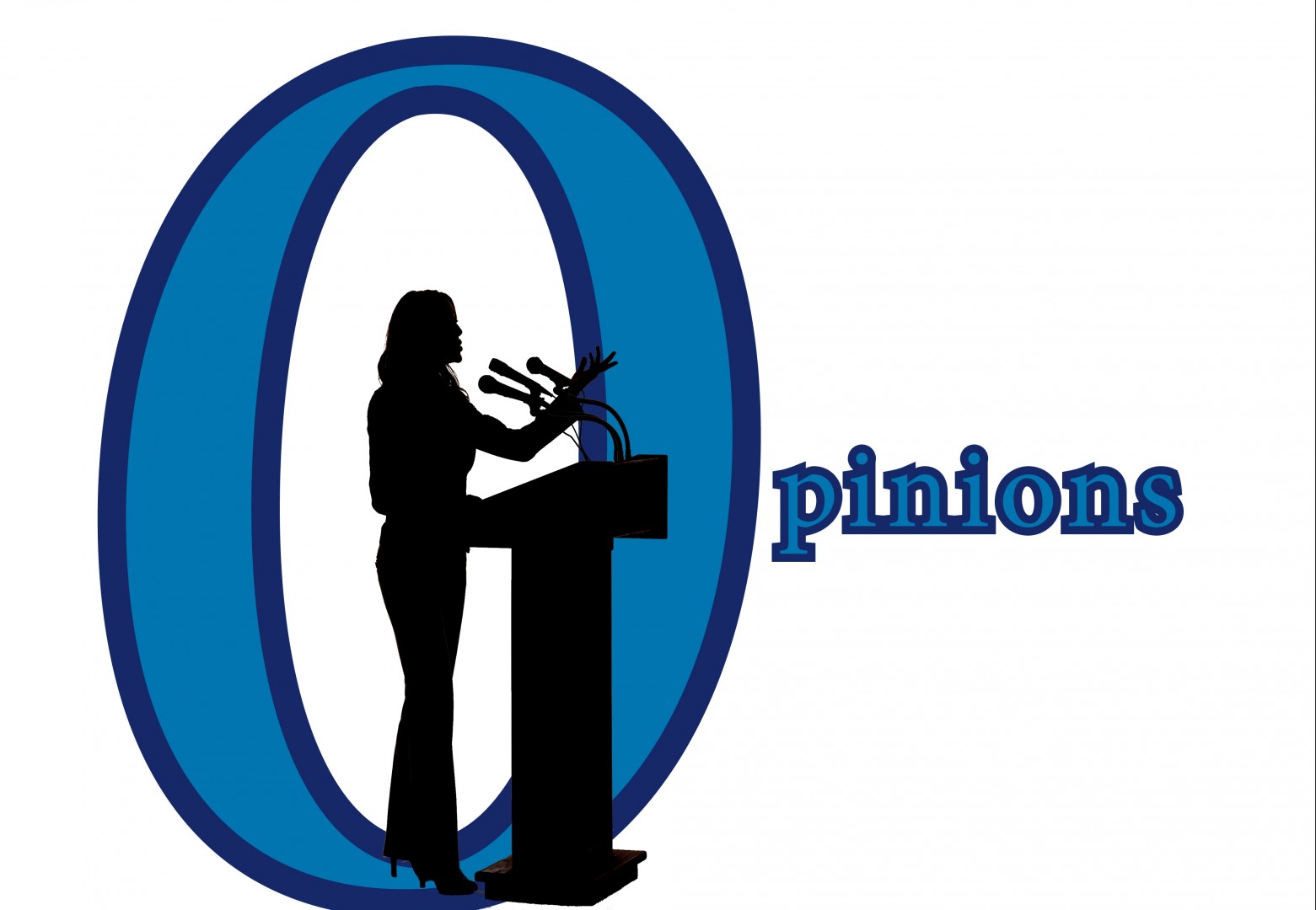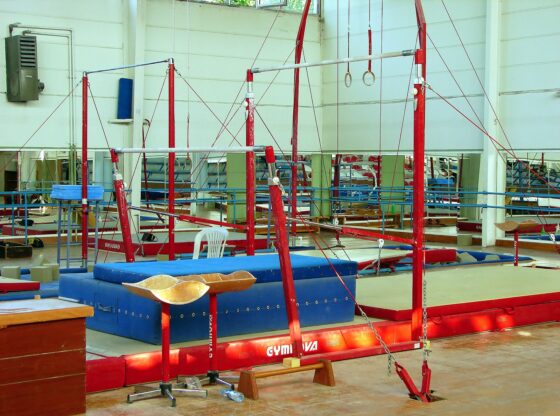“It all comes back.” This is what Joan Didion writes in her canonical post-modern long-form article, “On Keeping a Notebook.” Didion reflects on the spirit of her journal of private musings, not the public kind one reads in a newspaper. But my life, too, has been captivated by the impulse: “The impulse to write things down is a peculiarly compulsive one, inexplicable to those who do not share it, useful only accidentally, only secondarily, in the way that any compulsion tries to justify itself. I suppose that it begins or does not begin in the cradle.”
If one looks back through old issues of the Clarion, it all comes back—the feelings that you didn’t know you shared—those imparted on you by Pioneers past and Pioneers future. The Clarion, in a way, is a journal of our collective lives as students in 2013—our hopes, dreams, interests, concerns and attitudes about our campus, society and the world.
My life has been locked in this journal for the past three years—between fast-printed lines of thin and fading newsprint I can dog-ear every event in my college career, and as I read back, my eye dances across my own gentle resentments and remises, the thalassic crests and falls of joy and pain, all interwoven into the stories that have helped define the agenda and experience of DU students, and the production cycle that has held captive my Monday (and Saturday, Sunday and Tuesday) nights.
To my friends, family, and perhaps most importantly, Clarion staff members, who have guided me through these times—your support, while often unacknowledged, has been invaluable. I have been ill, exhausted, frustrated to the point of being repulsive more than once over the years—and the fact that you stood by me has only reinforced my passion for journalism and for life itself.
My time at the Clarion has helped refine my identity. The importance of exploring, preserving and expanding the right to free press on this campus has gotten me out of bed on the most dismal days, inspiring me to pursue a career in journalism. In many ways, I was lost before the Clarion found me. And find me it did, despite my adamant denial to commit to a career as a writer.
There is a tendency to describe “the Clarion” as if it had a life of its own. But the reality is that the Clarion is people. It is a team of incredible, multi-talented, charismatic, hardworking, passionate, funny, astoundingly intelligent individuals who read, write, edit and take photos each week not because documenting DU life will advance their careers, pay them a measly wage or make them popular—but because they recognize that it is desperately important to keep a journal of the events that affect our lives. This year they went above and beyond their duty in so many ways, transforming the crucibles of pay cuts and a tough transition into amazing storytelling.
Running the Clarion is hard—there were 60-hour weeks, 6 a.m. production nights (the end and the beginning of the day), floods, constant financial crunches and clashes with administrators, faculty and even friends. Being the one who stops the buck, hires and fires staff and pays the bills didn’t make it any easier, and often pitted me against the staff members whom I most adored. But I developed the strongest relationships I can ever hope to have (Manthan!) and told the stories that needed to be told—becoming the voice and the facilitator for the most inspiring set of individuals I have ever met, in and out of the office.
Alex and Sarah, you and the rest of the staff have such incredible potential and are fortunate enough to be entering 120 years of Pioneer legacy. With a new mascot, new athletic conference and DU’s 150th anniversary on the horizon, you won’t have a day for the next year where you don’t think of the Clarion. But believe me, when it’s all said and done, you won’t want it any other way. Be brave, be calm, focus as hard as you can, and never stop reading.
As Didion writes, “It is a good idea, then, to keep in touch, and I suppose that keeping in touch is what notebooks are all about. And we are all on our own when it comes to keeping those lines open to ourselves.” If there is anything I wish for the future of the Clarion, it’s that the lines stay open.
Our lives are a high-speed train from which we will all get off at different stops only to eventually arrive at the same destination—and the train keeps moving along to the relentless momentum of the natural world. But while we are all here together, it’s the little things, like a newspaper, that help us keep in touch with ourselves and each other.












